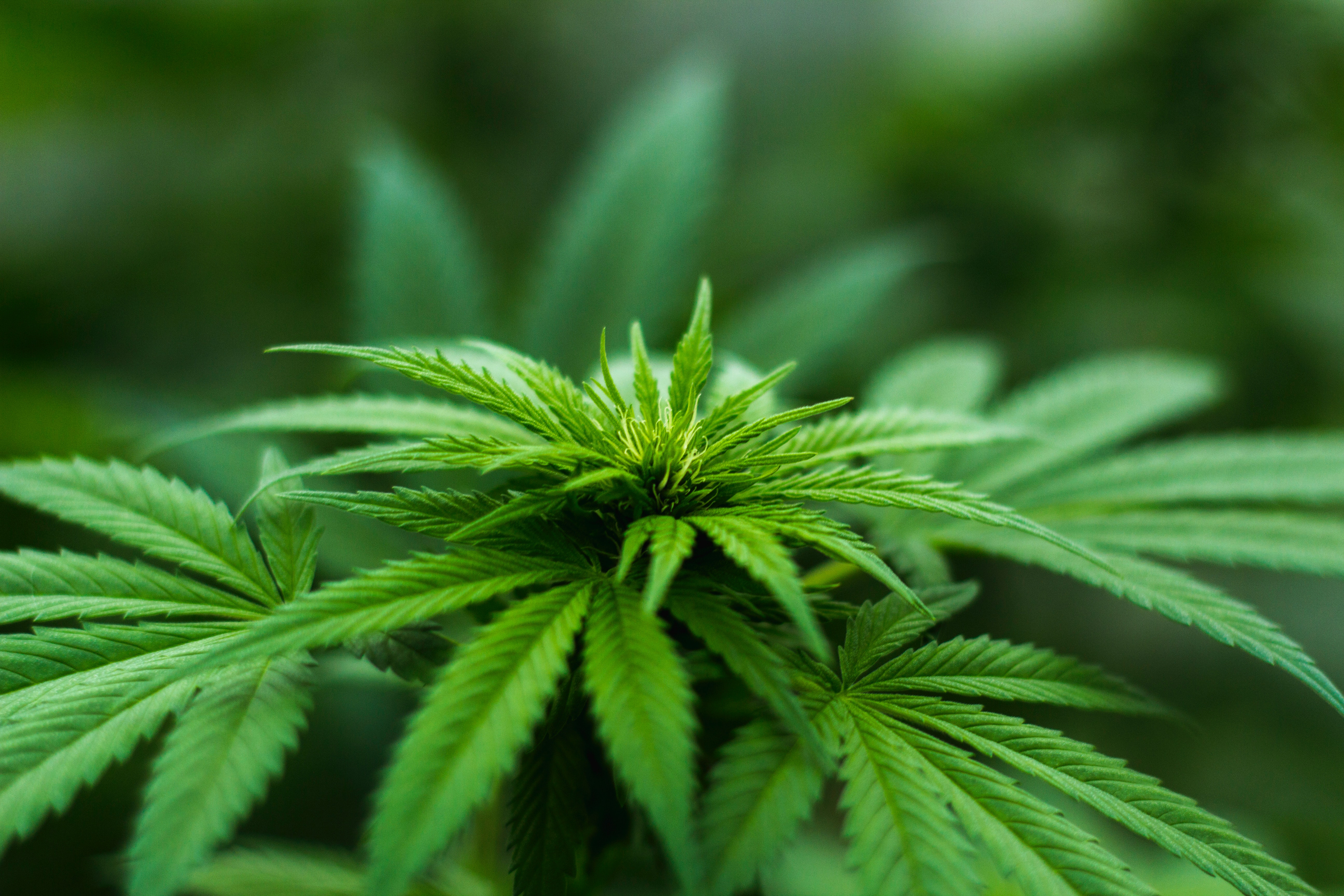With each passing day, CBD becomes easier to obtain. CBD is marketed in a wide array of products including drugs, food, dietary supplements, cosmetics, pet food and other animal health products. That being said, school officials should not fall prey to the idea that CBD’s accessibility suggests it is appropriate for use in schools.
According to the US Food and Drug Administration (FDA), there are many unanswered questions about CBD regarding drug interactions, safe consumption amounts, impacts to special populations like children, and risks of long-term use.
The CBD industry is largely unregulated, with a ill-defined ingredient and labeling guidelines. Combined with the shortage of research regarding CBD’s health benefits and drawbacks, school officials should proceed cautiously when discussing CBD policies.
What is CBD?
CBD is a non-intoxicating molecule found in industrial hemp and marijuana. When derived from industrial hemp, CBD is typically tetrahydrocannabinol (THC)-free, while CBD derived from marijuana may contain THC, which catalyzes a “high.”
CBD oil is extracted when industrial hemp or marijuana plants are processed. Oil derived from the marijuana plant – commonly referred to as CBD cannabis oil – is legal for qualified patients only. The use of this product follows the same regulations as medical marijuana. Pennsylvania law strictly controls use of medical marijuana, including CBD derived from marijuana. Both products are available only at state-regulated dispensaries with a recommendation from a doctor.
Federal Regulations
The Agriculture Improvement Act of 2018 (Farm Bill) excluded cannabis and cannabis derivatives that are very low in THC from the definition of marijuana provided in the Controlled Substances Act. Furthermore, the Farm Bill specifically preserved the FDA’s jurisdiction over such products. As of today, the FDA has approved only one CBD product, which can be used to treat a rare form of epilepsy. FDA regulations state that it is currently illegal to put food with CBD into interstate commerce or to market CBD as, or in, a dietary supplement. However, this rule is not strictly enforced and is why CBD stores and products can be found in communities across the country.
Takeaway
Schools should continue to prohibit all cannabis products on school campuses, including those containing CBD. Notably, school districts are not equipped to test CBD products for THC levels. It continues to remain unlawful under federal and state law to possess and/or use marijuana or cannabis on a school campus when children are present.

Christina Lane is an accomplished school, and labor and employment attorney representing public sector employers. She has extensive knowledge and experience with Title IX and often serves as a third-party investigator.

